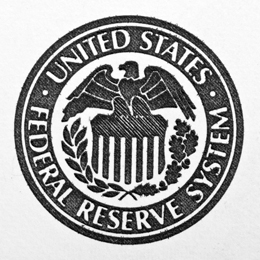For quite a while, the U.S. was focused on other parts of the world. Wars in the Middle East, the Greek crisis, and North Korea all made headlines and were front of mind for many investors. Recently, though, that view has largely faded. We are still at war in Afghanistan, but no one seems to be talking about. A hard Brexit is looming, same thing. Attention has returned to what is happening here in the U.S.










